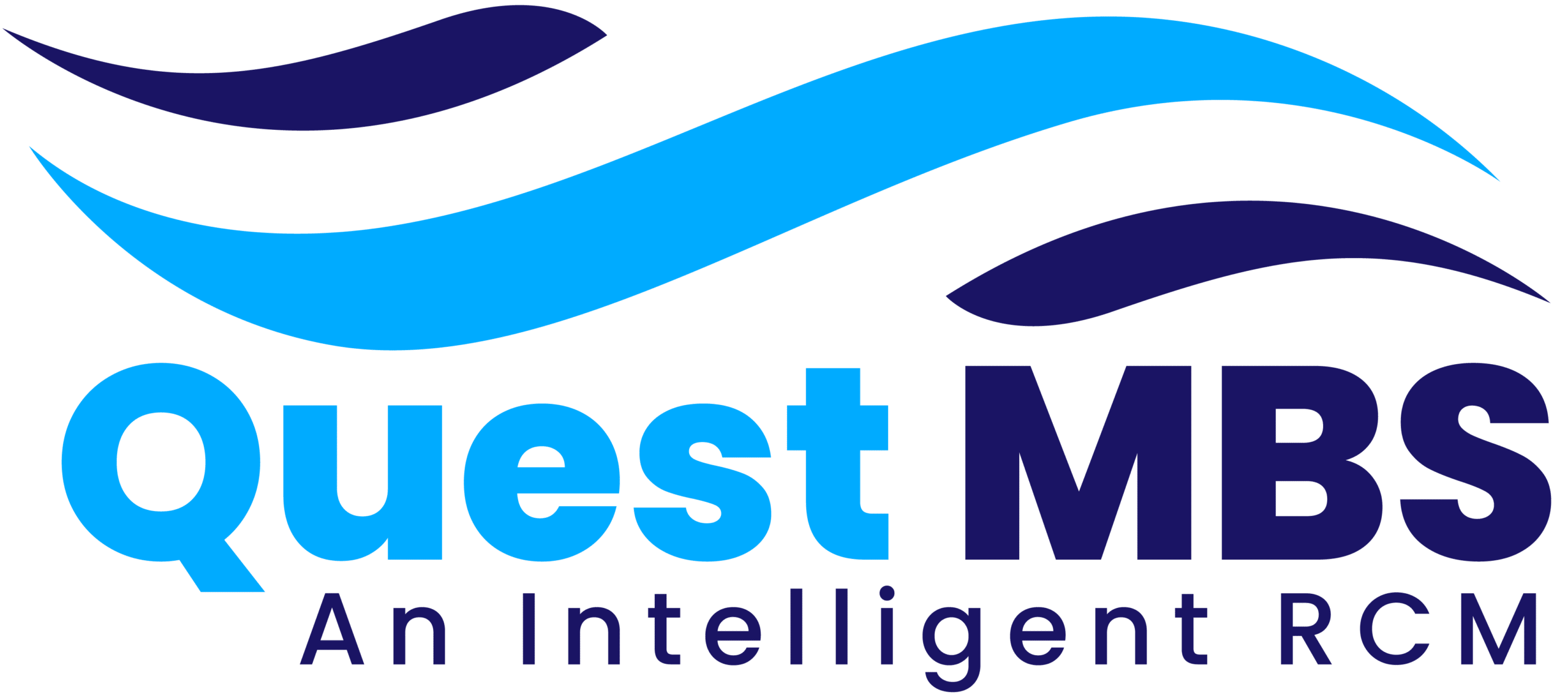Introduction:
The U.S. healthcare system relies on Medicare and Medicaid to provide medical services to eligible individuals. Medicare primarily serves seniors and disabled individuals, while Medicaid supports low-income families and individuals. Billing for these programs follows strict rules and regulations set by the Centers for Medicare & Medicaid Services (CMS). Healthcare providers must understand these guidelines to ensure compliance, avoid fraud, and receive proper reimbursement. This article explores the key rules and regulations governing Medicare and Medicaid billing.
Understanding Medicare and Medicaid:
Medicare:
Medicare is a federal program providing health insurance to:
- Individuals aged 65 and older
- Certain younger individuals with disabilities
- Patients with End-Stage Renal Disease (ESRD) or Amyotrophic Lateral Sclerosis (ALS)
Medicare has four parts:
- Part A (Hospital Insurance): Covers inpatient hospital stays, skilled nursing facilities, hospice, and some home health services.
- Part B (Medical Insurance): Covers outpatient care, doctor visits, preventive services, and some home health care.
- Part C (Medicare Advantage): A private insurance alternative covering both Part A and Part B, often including prescription drugs.
- Part D (Prescription Drug Coverage): Helps cover prescription drug costs.
Medicaid:
Medicaid is a state-administered, federally funded program that provides health coverage to low-income individuals and families. Each state has flexibility in designing its Medicaid program, leading to variations in benefits and eligibility. However, all Medicaid programs must comply with federal regulations.
Key Rules and Regulations in Medicare and Medicaid Billing:
1. Eligibility and Enrollment Verification:
Before providing services, healthcare providers must verify patient eligibility for Medicare or Medicaid. This step prevents claim denials and ensures proper coverage.
- Medicare: Beneficiaries must be enrolled in the appropriate part to receive coverage for specific services.
- Medicaid: Eligibility varies by state, and patients may need to reapply periodically.
2. Proper Coding and Documentation:
Accurate medical coding is essential for Medicare and Medicaid claims. Providers use:
- ICD-10-CM (International Classification of Diseases, 10th Edition, Clinical Modification): For disease and diagnosis coding.
- CPT (Current Procedural Terminology): For medical procedures and services.
- HCPCS (Healthcare Common Procedure Coding System): For durable medical equipment, prosthetics, and other non-physician services.
Errors in coding or documentation can lead to claim denials or audits.
3. Fraud and Abuse Prevention:
The CMS enforces strict laws to prevent fraud and abuse in Medicare and Medicaid billing. Key regulations include:
- False Claims Act (FCA): Penalizes providers who knowingly submit false claims.
- Anti-Kickback Statute (AKS): Prohibits offering or receiving payments to refer Medicare or Medicaid patients.
- Stark Law (Physician Self-Referral Law): Prevents physicians from referring patients to entities where they have a financial interest.
Violations can lead to fines, imprisonment, or exclusion from federal healthcare programs.
4. Prior Authorization Requirements:
Some Medicare and Medicaid services require prior authorization before treatment. This process ensures that services are medically necessary and covered by the program.
- Medicare Advantage Plans (Part C): Often require prior authorization for procedures, tests, and specialty visits.
- Medicaid: States have different rules, but certain prescriptions, hospital stays, and specialized treatments may need approval.
Failure to obtain authorization can result in denied claims.
5. Claim Submission Process:
To receive reimbursement, providers must submit claims following CMS guidelines.
- Medicare: Claims are submitted through the Medicare Administrative Contractor (MAC) for the provider’s region.
- Medicaid: Claims are processed by state Medicaid agencies or managed care organizations (MCOs).
Common claim submission rules include:
- Claims must be filed within the allowed time frame (typically 12 months for Medicare).
- Electronic claims submission is encouraged through the HIPAA-compliant 837P or 837I format.
- Paper claims use the CMS-1500 form (for outpatient services) or UB-04 form (for inpatient services).
6. Reimbursement Rules:
Medicare and Medicaid use different reimbursement models.
- Medicare:
- Fee-for-Service (FFS): Providers are paid based on a set fee schedule.
- Prospective Payment System (PPS): Payments are predetermined based on patient diagnosis and service type.
- Value-Based Programs: Providers are incentivized for quality care rather than service volume.
- Medicaid:
- Fee-for-Service (FFS): Similar to Medicare, but rates are set by individual states.
- Managed Care: Many states use Managed Care Organizations (MCOs) to handle Medicaid services, paying providers a set per-member, per-month fee.
7. Appeals and Denials:
Claim denials can occur due to coding errors, missing information, or lack of medical necessity. Providers have the right to appeal denied claims.
- Medicare Appeals: There are five levels of appeal, from reconsideration to federal court review.
- Medicaid Appeals: Varies by state, but generally follows a process for review and reconsideration.
Timely appeals and proper documentation are crucial for successful claim resolution.
8. Compliance with HIPAA Regulations:
The Health Insurance Portability and Accountability Act (HIPAA) protects patient health information. Providers must:
- Ensure electronic health records (EHRs) meet security standards.
- Use secure methods for billing and communication.
- Train staff on privacy and data protection.
Violations can result in hefty fines and penalties.
Common Challenges in Medicare and Medicaid Billing:
Despite strict guidelines, healthcare providers often face challenges in billing.
- Frequent Policy Changes: CMS updates regulations annually, requiring providers to stay informed.
- Coding Complexity: Errors in ICD-10, CPT, or HCPCS coding can lead to claim rejections.
- High Denial Rates: Minor mistakes in documentation or eligibility verification can delay payments.
- Fraud and Compliance Risks: Unintentional errors can trigger audits and investigations.
- Coordination Between Medicare and Medicaid (Dual Eligibility): Patients eligible for both programs require special billing processes to ensure proper payment.
Best Practices for Medicare and Medicaid Billing:
To ensure compliance and maximize reimbursements, providers should adopt best practices:
- Stay Updated on Regulations: Regularly check CMS updates and attend training sessions.
- Use Certified Billing Software: Reduces errors and ensures compliance with electronic submission requirements.
- Conduct Internal Audits: Regularly review billing processes to detect and correct errors.
- Train Staff on Compliance: Educate employees on fraud prevention, coding accuracy, and HIPAA regulations.
- Verify Patient Eligibility: Check coverage before providing services to prevent claim denials.
Conclusion:
Medicare and Medicaid billing is complex and requires strict adherence to federal and state regulations. Providers must ensure accurate coding, proper documentation, and compliance with fraud prevention laws to avoid claim denials and legal consequences. Staying informed about policy changes, investing in billing software, and maintaining compliance best practices will help healthcare providers navigate the billing process efficiently. By following these guidelines, providers can ensure timely reimbursements while delivering quality care to Medicare and Medicaid beneficiaries.







